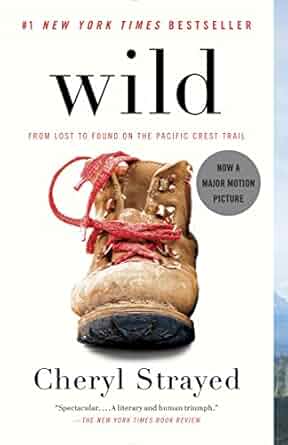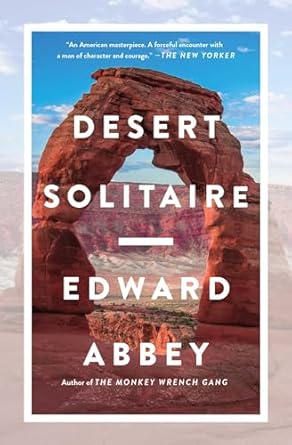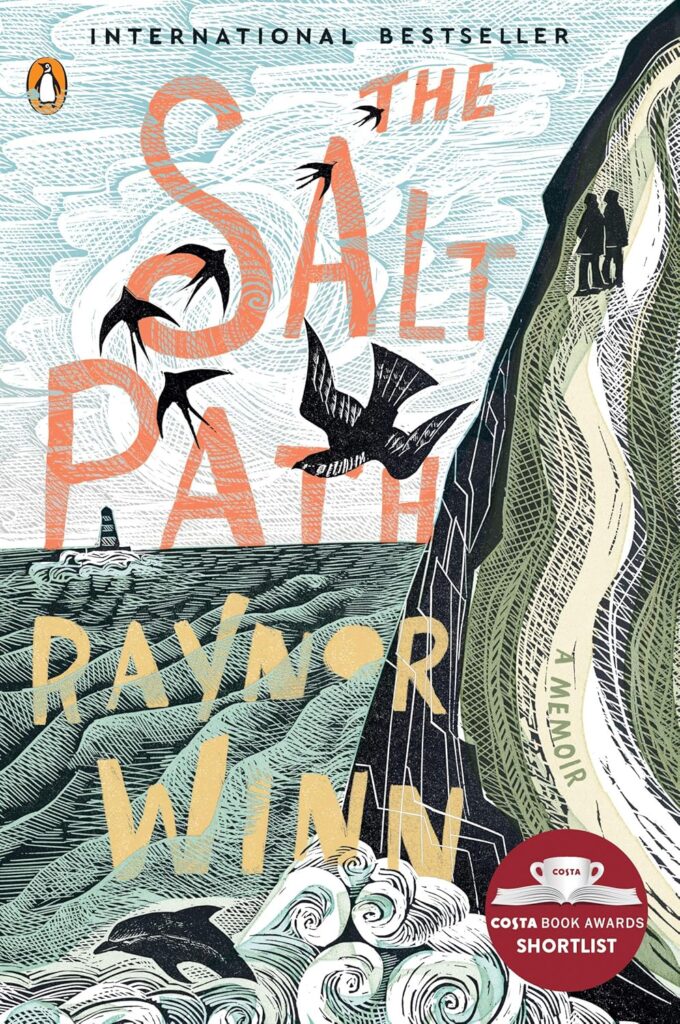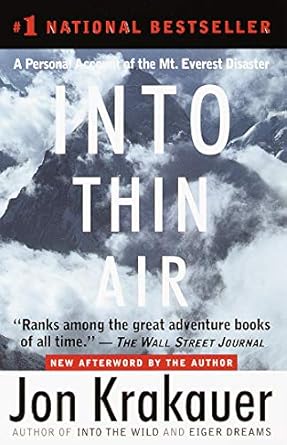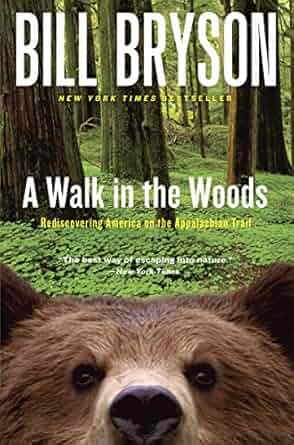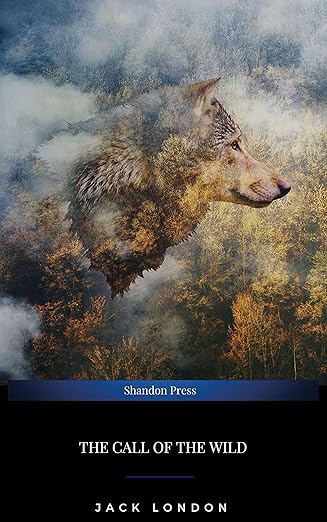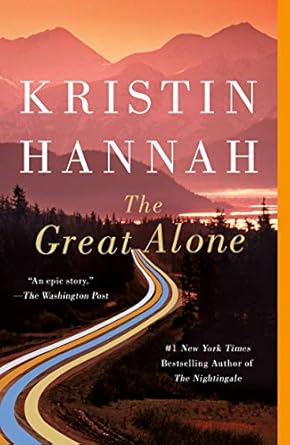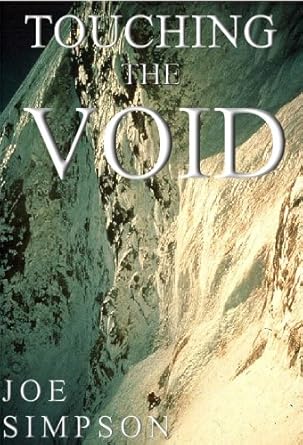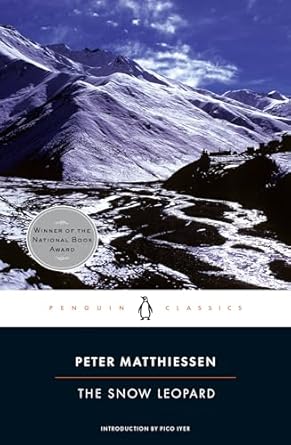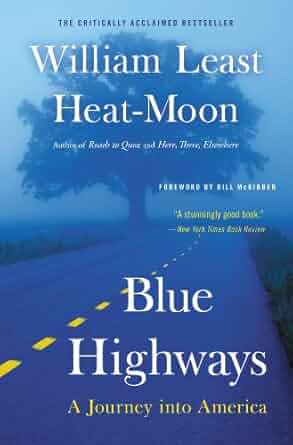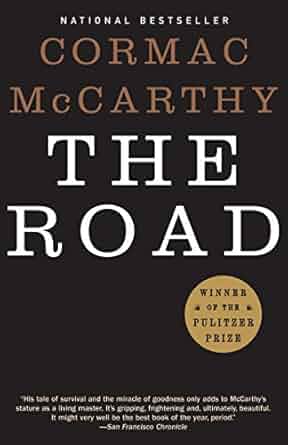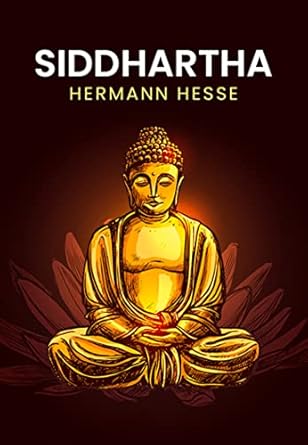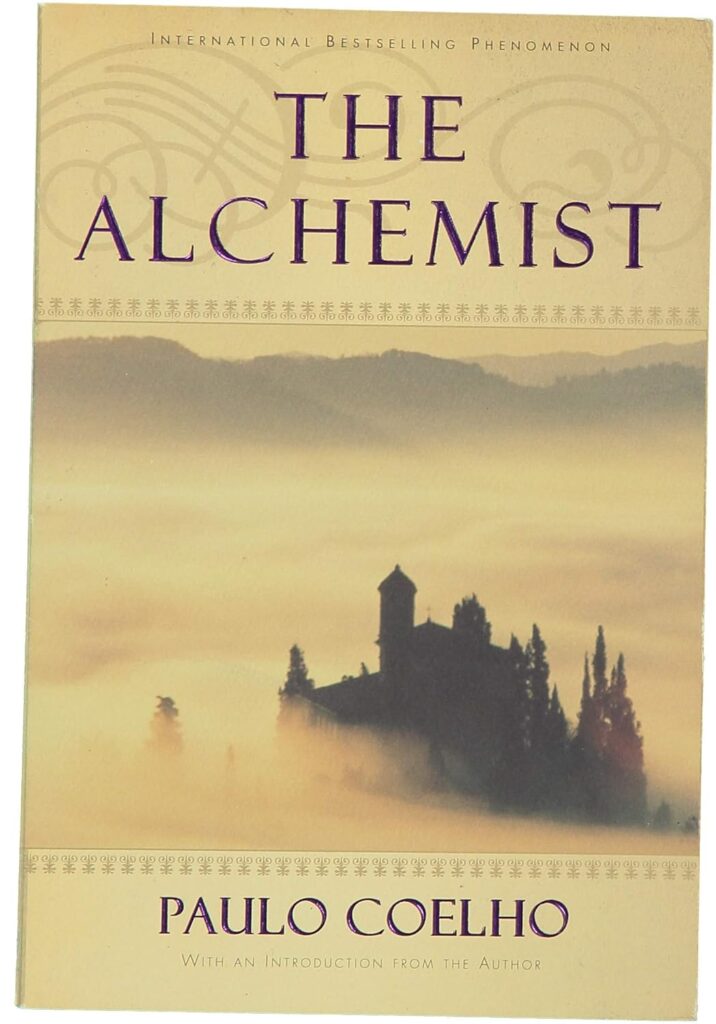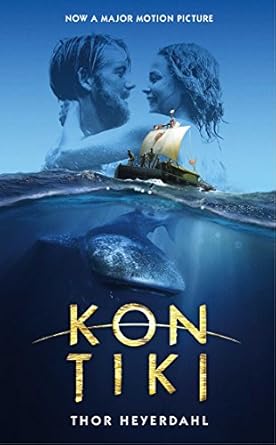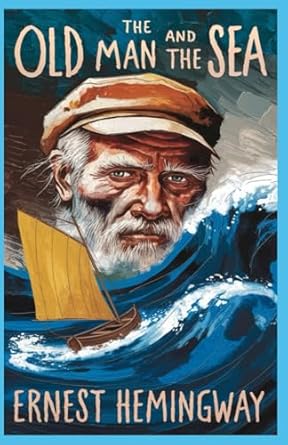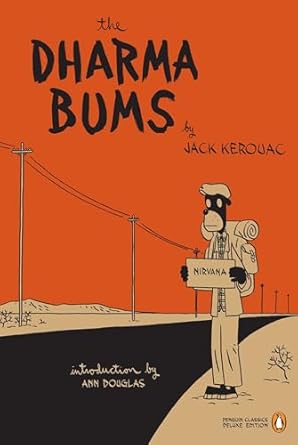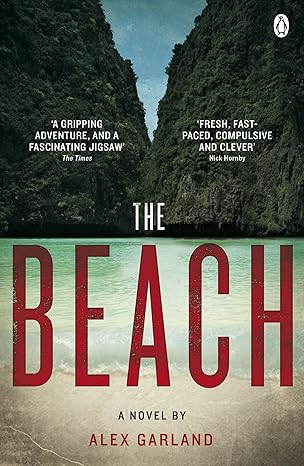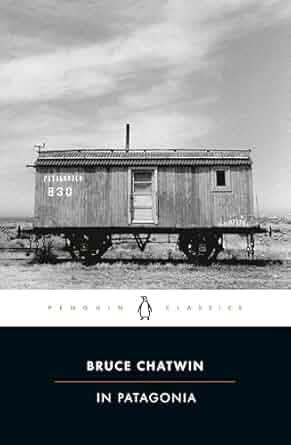Summary: In today's article, I have handpicked 20 of the best books similar to Into the Wild for those who crave exploration, solitude, and life-changing journeys. Here are my top 3:
- Wild – From Lost to Found on the Pacific Crest Trail by Cheryl Strayed
- Desert Solitaire – A Season in the Wilderness by Edward Abbey
- The Salt Path by Raynor Winn
If you loved Into the Wild, you'll enjoy books about adventure, solitude, and self-discovery in nature. Whether real-life journeys like Wild and The Salt Path or reflective classics like Desert Solitaire and Walden, these stories inspire wanderlust and resilience. Perfect for anyone seeking freedom, adventure, or a deeper connection with the wild.
TOP 20: Best Books Similar to Into the Wild
- Wild – From Lost to Found on the Pacific Crest Trail by Cheryl Strayed
- Desert Solitaire – A Season in the Wilderness by Edward Abbey
- The Salt Path by Raynor Winn
- Into Thin Air – A Personal Account of the Mt. Everest Disaster by Jon Krakauer
- A Walk in the Woods – Rediscovering America on the Appalachian Trail by Bill Bryson
- The Call of the Wild by Jack London
- The Great Alone by Kristin Hannah
- The Outrun by Amy Liptrot
- Touching the Void by Joe Simpson
- The Snow Leopard by Peter Matthiessen
- Blue Highways – A Journey into America by William Least Heat-Moon
- The Road by Cormac McCarthy
- Siddhartha by Hermann Hesse
- The Alchemist by Paulo Coelho
- Kon-Tiki – Across the Pacific in a Raft by Thor Heyerdahl
- The Old Man and the Sea by Ernest Hemingway
- Walden by Henry David Thoreau
- The Dharma Bums by Jack Kerouac
- The Beach by Alex Garland
- In Patagonia by Bruce Chatwin
1. Wild: From Lost to Found on the Pacific Crest Trail
- Author: Cheryl Strayed
- About: A memoir recounting the author's solo hike along the Pacific Crest Trail following personal tragedies, exploring themes of grief, healing, and self-discovery.
- Style of Writing: Introspective and candid, blending narrative storytelling with reflective insights.
- Length: Approximately 114,000 words.
- Year Written: 2012
- Emotional Impact: Profoundly moving; leaves a lasting impression through its raw honesty and vulnerability.
- Difficulty Level: Moderate; accessible language with deep emotional themes.
- Why Read It: Offers an inspiring tale of personal redemption and the transformative power of nature.
2. Desert Solitaire: A Season in the Wilderness
- Author: Edward Abbey
- About: An autobiographical account of the author's experiences as a park ranger in Utah's Arches National Monument, delving into environmental philosophy and critiques of modern society.
- Style of Writing: Lyrical and polemical, combining vivid descriptions with passionate arguments.
- Length: Approximately 95,000 words.
- Year Written: 1968
- Emotional Impact: Thought-provoking; challenges readers to reconsider their relationship with nature.
- Difficulty Level: Moderate; rich prose with philosophical undertones.
- Why Read It: Provides a compelling perspective on wilderness preservation and the essence of solitude.
3. The Salt Path
- Author: Raynor Winn
- About: A memoir detailing a couple's 630-mile trek along England's South West Coast Path after losing their home and facing a terminal illness diagnosis.
- Style of Writing: Heartfelt and descriptive, blending personal narrative with observations of the natural world.
- Length: Approximately 87,000 words.
- Year Written: 2018
- Emotional Impact: Deeply moving; highlights resilience and the healing power of nature.
- Difficulty Level: Moderate; engaging and accessible prose.
- Why Read It: Demonstrates the restorative potential of long-distance walking amidst personal adversity.
4. Into Thin Air: A Personal Account of the Mt. Everest Disaster
- Author: Jon Krakauer
- About: A firsthand account of the 1996 Mount Everest disaster, exploring the challenges and perils of high-altitude climbing.
- Style of Writing: Journalistic and immersive, providing detailed narratives and personal reflections.
- Length: Approximately 92,000 words.
- Year Written: 1997
- Emotional Impact: Intense and gripping; leaves a lasting impression of the dangers of extreme adventure.
- Difficulty Level: Moderate; technical climbing terms are explained for general readers.
- Why Read It: Offers an in-depth look at the complexities and risks of mountaineering.
5. A Walk in the Woods: Rediscovering America on the Appalachian Trail
- Author: Bill Bryson
- About: A humorous narrative of the author's attempt to hike the Appalachian Trail with an old friend, blending personal anecdotes with historical insights.
- Style of Writing: Witty and informative, combining humor with factual information.
- Length: Approximately 105,000 words.
- Year Written: 1998
- Emotional Impact: Entertaining and enlightening; evokes appreciation for nature and history.
- Difficulty Level: Easy; accessible and engaging for a broad audience.
- Why Read It: Provides a delightful blend of humor and insight into America's wilderness.
6. The Call of the Wild
- Author: Jack London
- About: A novel following a domesticated dog's journey into the Alaskan wilderness, embracing his primal instincts.
- Style of Writing: Vivid and adventurous, with a focus on the natural world and animal perspective.
- Length: Approximately 47,000 words.
- Year Written: 1903
- Emotional Impact: Powerful and evocative; explores themes of survival and the call of nature.
- Difficulty Level: Moderate; early 20th-century prose with rich descriptions.
- Why Read It: A classic tale that delves into the instinctual pull of the wild.
7. The Great Alone
- Author: Kristin Hannah
- About: Set in 1974, this novel follows the Allbright family as they move to the remote Alaskan wilderness seeking a fresh start. They confront the challenges of isolation, Ernt's deteriorating mental health, and the unforgiving environment.
- Style of Writing: Descriptive and immersive, with rich character development and vivid depictions of the Alaskan landscape.
- Length: Approximately 440 pages.
- Year Written: 2018
- Emotional Impact: Profoundly moving; explores themes of survival, resilience, and the complexities of family dynamics, leaving a lasting impression.
- Difficulty Level: Moderate; accessible prose with emotionally complex themes.
- Why Read It: Offers a compelling narrative about human endurance and the transformative power of the natural world.
8. The Outrun
- Author: Amy Liptrot
- About: A memoir intertwining the author's recovery from addiction with her return to the remote Orkney Islands, exploring themes of nature, healing, and self-discovery.
- Style of Writing: Lyrical and introspective, blending personal narrative with evocative descriptions of the natural environment.
- Length: Approximately 272 pages.
- Year Written: 2016
- Emotional Impact: Deeply moving; provides an honest portrayal of addiction and the redemptive power of nature.
- Difficulty Level: Moderate; poetic prose with reflective themes.
- Why Read It: Offers an inspiring story of personal transformation and a deep connection to the natural world.
9. Touching the Void
- Author: Joe Simpson
- About: An account of a mountaineering expedition in the Peruvian Andes that turns into a harrowing tale of survival after a catastrophic accident.
- Style of Writing: Gripping and detailed, providing a vivid portrayal of the physical and psychological challenges faced during the ordeal.
- Length: Approximately 218 pages.
- Year Written: 1988
- Emotional Impact: Intense and harrowing; leaves a lasting impression of human endurance and the will to survive.
- Difficulty Level: Moderate; technical climbing details are explained for general readers.
- Why Read It: Provides a compelling narrative of survival against the odds and the strength of the human spirit.
10. The Snow Leopard
- Author: Peter Matthiessen
- About: A narrative of the author's journey through the Himalayas in search of the elusive snow leopard, blending adventure with spiritual reflection.
- Style of Writing: Philosophical and descriptive, combining travel narrative with introspective musings.
- Length: Approximately 336 pages.
- Year Written: 1978
- Emotional Impact: Thought-provoking and serene; encourages contemplation on nature and spirituality.
- Difficulty Level: Challenging; dense prose with deep philosophical insights.
- Why Read It: Offers a profound exploration of the natural world and the human quest for meaning.
11. Blue Highways: A Journey into America
- Author: William Least Heat-Moon
- About: A travelogue documenting the author's exploration of America's backroads, seeking meaning and connection in the small towns and landscapes often overlooked.
- Style of Writing: Observational and reflective, with rich descriptions and personal anecdotes.
- Length: Approximately 448 pages.
- Year Written: 1982
- Emotional Impact: Engaging and contemplative; fosters a deeper appreciation for the diverse facets of American life.
- Difficulty Level: Moderate; accessible prose with thoughtful insights.
- Why Read It: Provides a unique perspective on American culture and the search for personal meaning through travel.
12. The Road
- Author: Cormac McCarthy
- About: A post-apocalyptic novel following a father and son's journey through a desolate landscape, highlighting themes of survival, hope, and the bond between parent and child.
- Style of Writing: Sparse and haunting, with a focus on dialogue and minimalistic description.
- Length: Approximately 287 pages.
- Year Written: 2006
- Emotional Impact: Profoundly moving and somber; leaves a lasting impression of the resilience of the human spirit.
- Difficulty Level: Moderate; straightforward language with deep emotional themes.
- Why Read It: Offers a powerful exploration of love, survival, and hope in the face of desolation.
13. Siddhartha
- Author: Hermann Hesse
- About: This philosophical novel follows Siddhartha, the son of a Brahmin, on his quest for spiritual enlightenment during the time of the Buddha. Dissatisfied with traditional teachings, he embarks on a journey of self-discovery, exploring various lifestyles and philosophies to find inner peace.
- Style of Writing: Lyrical and allegorical, blending narrative with deep philosophical reflections.
- Length: Approximately 152 pages.
- Year Written: 1922
- Emotional Impact: Profound and contemplative; encourages introspection and offers insights into the human experience.
- Difficulty Level: Moderate; while the prose is accessible, the philosophical themes invite deep contemplation.
- Why Read It: Provides a timeless exploration of the search for meaning and the nature of enlightenment.
14. The Alchemist
- Author: Paulo Coelho
- About: This allegorical novel tells the story of Santiago, an Andalusian shepherd boy who dreams of finding a worldly treasure located near the Egyptian pyramids. His journey teaches him about listening to his heart, recognizing opportunity, and following his dreams.
- Style of Writing: Simple and poetic, with a focus on universal themes and personal growth.
- Length: Approximately 163 pages.
- Year Written: 1988
- Emotional Impact: Inspiring and uplifting; encourages readers to pursue their personal legends and listen to their hearts.
- Difficulty Level: Easy; straightforward narrative with profound messages.
- Why Read It: Offers a motivational tale about the pursuit of one's dreams and the importance of self-discovery.
15. Kon-Tiki: Across the Pacific in a Raft
- Author: Thor Heyerdahl
- About: An account of the author's 1947 expedition, where he and five companions sailed a balsa wood raft named Kon-Tiki from Peru to the Polynesian islands to prove that ancient people could have made long sea voyages, thereby connecting distant cultures.
- Style of Writing: Adventure narrative with detailed descriptions of the journey and insights into anthropological theories.
- Length: Approximately 304 pages.
- Year Written: 1950
- Emotional Impact: Exciting and thought-provoking; showcases human curiosity and the spirit of exploration.
- Difficulty Level: Moderate; engaging storytelling with some technical details about navigation and anthropology.
- Why Read It: Provides a thrilling true story of adventure and a unique perspective on human migration theories.
16. The Old Man and the Sea
- Author: Ernest Hemingway
- About: This novella tells the story of Santiago, an aging Cuban fisherman who struggles with a giant marlin far out in the Gulf Stream. It's a tale of personal perseverance, dignity, and the battle between man and nature.
- Style of Writing: Sparse and direct, characteristic of Hemingway's style, with rich symbolism.
- Length: Approximately 27,000 words.
- Year Written: 1952
- Emotional Impact: Poignant and reflective; leaves a lasting impression about human endurance and dignity.
- Difficulty Level: Easy to moderate; straightforward language with deeper symbolic meanings.
- Why Read It: A classic tale that delves into themes of struggle, resilience, and the human condition.
17. Walden
- Author: Henry David Thoreau
- About: A reflection on simple living in natural surroundings, based on Thoreau's experiment of living in a cabin near Walden Pond in Massachusetts for two years. It explores themes of self-sufficiency, simplicity, and the benefits of a close relationship with nature.
- Style of Writing: Philosophical and descriptive, with detailed observations of nature and society.
- Length: Approximately 114,000 words.
- Year Written: 1854
- Emotional Impact: Thought-provoking and serene; encourages introspection and a reevaluation of one's lifestyle.
- Difficulty Level: Challenging; dense prose with complex ideas and extensive descriptions.
- Why Read It: Offers timeless insights into the virtues of simplicity and the importance of connecting with nature.
18. The Dharma Bums
- Author: Jack Kerouac
- About: This novel follows Ray Smith, a beat writer from the East Coast, as he embarks on a journey of self-discovery. Disillusioned with materialistic society, he meets Japhy Ryder, a Zen Buddhist and mountain climber, who introduces him to a new way of life. Together, they explore the outdoors, engage in deep conversations, and seek spiritual enlightenment.
- Style of Writing: Spontaneous and free-flowing, characteristic of Kerouac's stream-of-consciousness narrative style.
- Length: Approximately 187 pages.
- Year Written: 1958
- Emotional Impact: Inspiring and thought-provoking; encourages readers to reflect on spirituality and the pursuit of a meaningful life.
- Difficulty Level: Moderate; while the prose is accessible, the philosophical themes may require contemplation.
- Why Read It: Offers insight into the Beat Generation's exploration of spirituality and the quest for authenticity.
19. The Beach
- Author: Alex Garland
- About: The novel centers on Richard, a young British backpacker traveling in Thailand. He learns of a secluded and idyllic beach, untouched by tourism, and becomes determined to find it. Upon arrival, he discovers a hidden community of travelers living in what seems like paradise, but as time passes, the utopia reveals its darker side.
- Style of Writing: Engaging and descriptive, with a focus on psychological depth and suspense.
- Length: Approximately 439 pages.
- Year Written: 1996
- Emotional Impact: Captivating and unsettling; prompts readers to question the concept of paradise and the human tendency to seek escape.
- Difficulty Level: Moderate; the narrative is accessible, but the underlying themes are complex.
- Why Read It: Explores the allure of utopian ideals and the inherent flaws in seeking perfection.
20. In Patagonia
- Author: Bruce Chatwin
- About: This travel narrative recounts Chatwin's journey through Patagonia, a remote region at the southern end of South America. Blending history, biography, and adventure, he explores the land's myths, legends, and diverse inhabitants.
- Style of Writing: Elegant and anecdotal, combining factual reportage with personal reflection.
- Length: Approximately 240 pages.
- Year Written: 1977
- Emotional Impact: Intriguing and enlightening; evokes a sense of wonder about distant places and the stories they hold.
- Difficulty Level: Moderate; while the prose is polished, the interwoven narratives require attentive reading.
- Why Read It: Provides a rich tapestry of travel experiences and historical insights into a fascinating region.
Conclusion
If Into the Wild spoke to you, I think you'll find these books just as powerful in their themes of adventure, solitude, and self-discovery. Wild by Cheryl Strayed is one of the most moving memoirs I’ve read—it’s a raw and honest journey of healing on the Pacific Crest Trail that really captures what it means to step into the unknown. Desert Solitaire by Edward Abbey, on the other hand, feels like a love letter to the wilderness, filled with sharp insights on independence and the untamed beauty of nature. And The Salt Path by Raynor Winn left a lasting impression on me—it’s a true story of resilience that proves how nature can be a source of strength even in life’s hardest moments. If you’re looking for a book that will inspire you to embrace the wild, challenge yourself, and rethink what it means to truly live, I highly recommend starting with these three.

